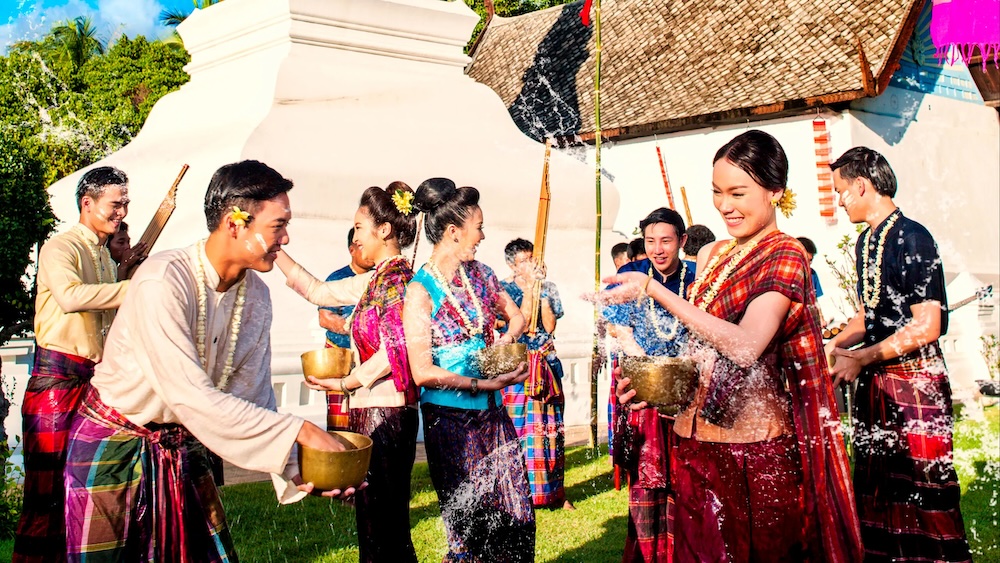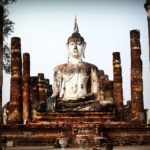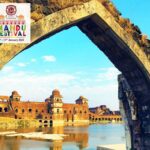
(TAN): The traditional Thai New Year Festival of Songkran has been included in the Representative List of the Intangible Cultural Heritage of Humanity by UNESCO, Tourism Authority of Thailand (TAT) said.
The announcement was made last week during the 18th Session of the Intergovernmental Committee for the Safeguarding of the Intangible Cultural Heritage in Kasane, Botswana.
[ALSO READ: Air Canada announces new air-to-rail booking options in Europe]
“In Thailand, Songkran refers to the sun’s annual passing into the Aries constellation, the first sign of the Zodiac, which marks the traditional start of the new year,” UNESCO said in a statement. “Occurring in mid-April after the rice harvest, it is a time when people reunite with their families and pay their respects to older adults, ancestors, and sacred Buddha images. Pouring water is a significant act during Songkran symbolising cleansing, reverence, and good fortune.”
The TAT has been promoting Songkran over the years.
TAT Governor Thapanee Kiatphaibool said: “The Songkran Festival, which takes place nationwide in Thailand, is an event where boisterous fun and ancient traditions go hand-in-hand. With the inclusion in the UNESCO listing, Songkran 2024 promises to amaze and delight locals and tourists with even grandeur celebrations.”
Songkran in Thailand is officially observed as a three-day national holiday during April 13–15, although celebrations can go on for up to a week in certain places.
[ALSO READ: The Ritz-Carlton brand debuts in Pacific Northwest with 251-room property in Portland]
For tourists, the Songkran Festival offers a chance to enjoy a huge celebration where water parties break out in the streets of Thailand’s towns and villages. For the locals, it is a time to spend with their families and visit temples to observe ancient rituals.
In 2021, the “Thai Songkran Festival” was selected by the International Festivals and Events Association (IFEA) as one of the three major festivals of Asia.




